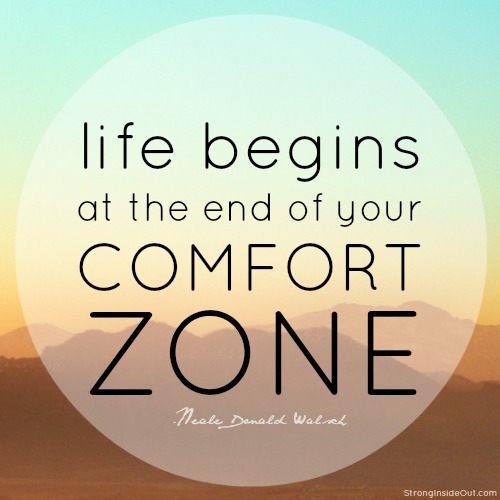Taking Care of your Mind is Jiu-Jitsu: Entered the comfort zone? Escape from it right now!
Jiu-jitsu is a sport in which every day we can learn a little more. A person, regardless of their level of “refinement” in his moves, the “endless” energy or the better physical conditioning, will never know all the techniques – if there are in fact “all” of them. He or she will not learn everything, and not due to being unable or having any difficulty. The point is that jiu-jitsu is an art in constant evolution, where older guys learn with the newest and vice versa.
From self-defense trainings to the ones focused on competitions, being an activity done by a single student or a top athlete from your school, we all have to learn how to define training priorities. But why are we talking about priorities in training?
Prioritizing what you like most does not always mean the best choice for you. Many times, that guy who chooses to train his favorite move (and only that one) ends up in what we call the “comfort zone”. To make it easier to understand, imagine that you are an expert when it comes to performing the armlock. Every time you train with someone, you pull him or her and go for the arm. You do this with everyone, but it has reached a stage where all your opponents already know what you will do and they begin to surprise you in competitions or trainings. You then keep insisting on that strategy and get more and more frustrated. Well, if this is happening to you is because you are in the “comfort zone” – where “comfort” means nothing good at all.
Getting out of our own comfort zone is what we always need to do, because when this happens we mature, we become stronger and we are always ready for war.” (Eliedson McKinley)
 From that point arises the need to set priorities to your classes and techniques learned. Training the unknown, learning new positions, risking and putting in practice that new knowledge just acquired during the practice… It’s all part of the priorities of a complete jiu-jitsu student and practitioner, i.e., a versatile one. Being versatile does not mean that you have to put aside that favorite blow, but that you will add other options to it – the ones that will help you to be more complete and effective on the mat.
From that point arises the need to set priorities to your classes and techniques learned. Training the unknown, learning new positions, risking and putting in practice that new knowledge just acquired during the practice… It’s all part of the priorities of a complete jiu-jitsu student and practitioner, i.e., a versatile one. Being versatile does not mean that you have to put aside that favorite blow, but that you will add other options to it – the ones that will help you to be more complete and effective on the mat.
When you leave the comfort zone, you can better recognize your flaws and how to work on and correct them. Besides evolving as a gentle art practitioner, another lesson is learned and taken for life. As our Master of the Masters would say: “For every single achievement, you’ll have to forgo a comfort zone. Will only walk on the water that one who tried giving up the comforts of the boat.”

